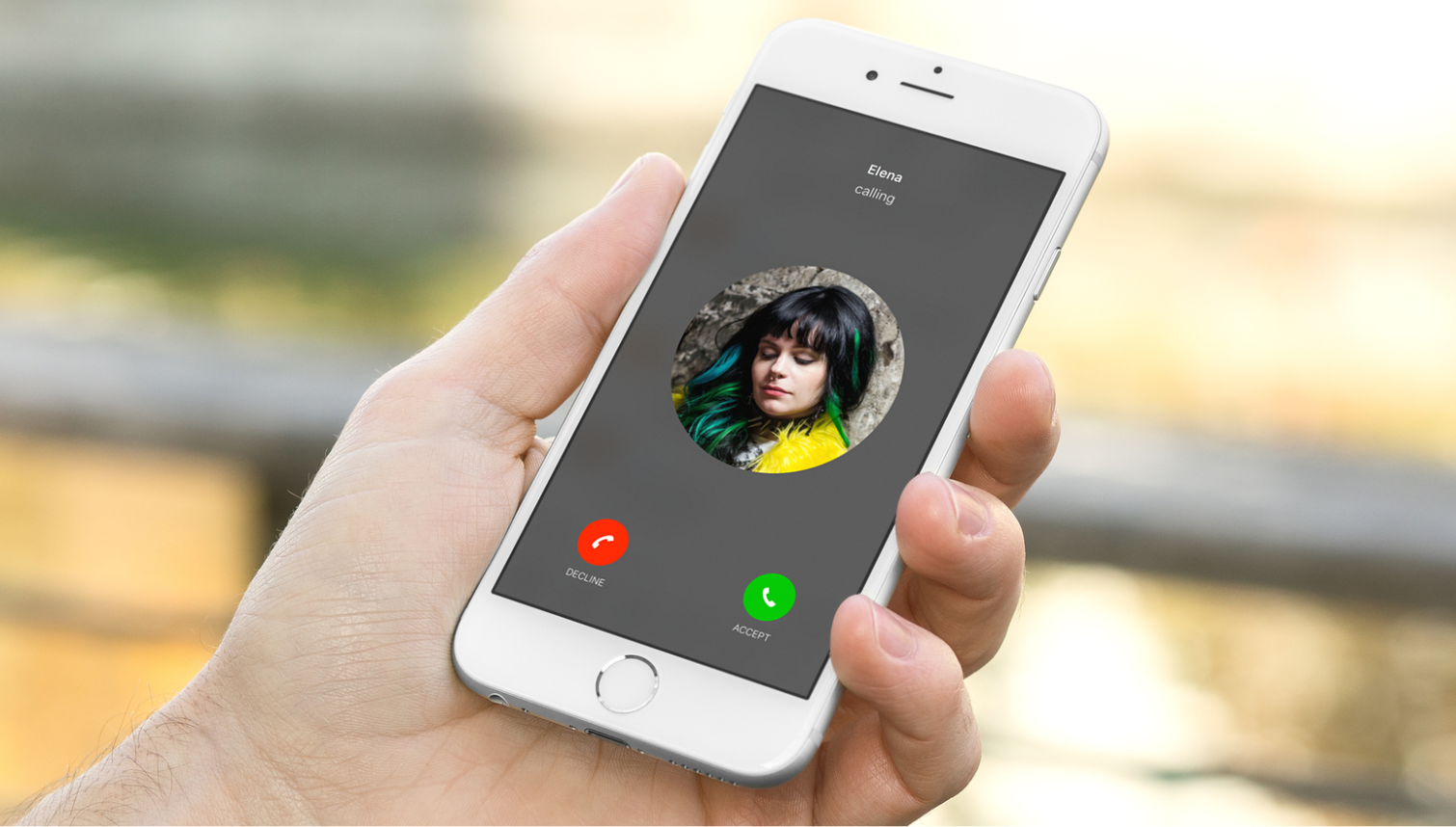Wire Makes Secure Calls More Reliable And Private
Wire updated calls in its secure communications app to be more reliable, to feature verifiable end-to-end encryption, and to not send call logs to company servers. The changes are supposed to make it easier for you to protect your privacy without having to fuss around with any complicated services. And, of course, it will help the service compete with the recently improved Signal app whose protocol is used by WhatsApp, Facebook Messenger, and others.
These improvements are currently restricted to one-on-one calls; Wire said group calls will be updated soon. Many users probably won't notice most of these changes, and that's a good thing, because it means the company has successfully created a service that can help keep you safe without much effort on your part. Wire merely wants you to check key fingerprints--alphanumeric strings unique to each device--to verify the connection's safety.
Not that the service has been without its flaws. University of Waterloo researchers said in December 2016 that there are some concerns about how Wire authenticated calls and accounts, implemented its various protocols, and used a closed-source server. This update seems to address the first issue: Wire said in a blog post that calls "now take advantage of the same authentication that we have in place for chats and sending media — pics, videos, files."
Other concerns were addressed with an independent security audit by the Kudelski Security and X41 D-Sec auditing firms. They found several low- and medium-severity vulnerabilities that were later addressed in the Wire apps for Android and iOS, but no high- or critical-severity issues were found. (Wire also said it would fix the problems found in its web and desktop apps.) The company said it plans to accompany future updates with independent audits.
It's also said that it will open-source its server code by the end of Q1 2017. The client code is already open-source. Combine all that with the company's decision not to store any call logs, instead of collecting "minimal call data" and storing it for 72 hours, and Wire becomes a much more compelling app. The company's apparent commitment to being open about its development process, like with the blog post about its updating call protocol, also helps.
Wire's announcement came shortly after Open Whisper Systems, the nonprofit behind Signal and its protocol, announced that encrypted video calls were available via its Android and iOS apps. Competition in the secure communications ecosystem is a good thing--not only does it give you more options for encrypted calls and texts, but it also pushes these organizations to constantly improve their products. Better to have many options than to have none.
Get Tom's Hardware's best news and in-depth reviews, straight to your inbox.

Nathaniel Mott is a freelance news and features writer for Tom's Hardware US, covering breaking news, security, and the silliest aspects of the tech industry.
